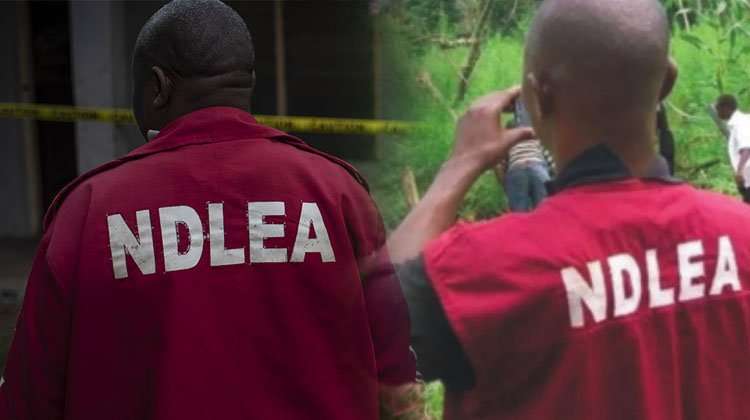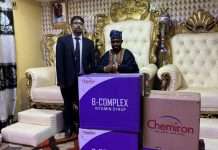
Towards strengthening the capacity of National Drug Law Enforcement Agency, NDLEA officials through training, Nigeria and India have agreed to share essential knowledge on the actions of drug trafficking organisations using vulnerable narcotics routes between the two nations.
This was among the recommendations and agreements made at the end of a two-day bilateral meeting held in New Delhi, India between a delegation from the NDLEA, and a delegation from its Indian counterpart, the Narcotics Control Bureau, NCB.
In a statement released by the NDLEA spokesperson, Mr Femi Babafemi, he disclosed that NDLEA team was led by its Chairman/Chief Executive, Brig. Gen. Mohamed Buba Marwa (Retd), while the NCB delegation was led by its Director General, Mr Satya Narayan Pradhan.
The agencies also agreed to host a follow-up bilateral meeting in Nigeria in 2023 to discuss best practices for lowering drug demand, as well as to share real-time information on both nations’ citizens’ involvement in drug trafficking.
He said the collaboration between the NDLEA and NCB on means to regulate the importation of tramadol dosages more than 100 mg as well as certain kinds of precursors into Nigeria was another important goal of the India conference.
Marwa revealed the significance of the conference was to discover new means to combat drug trafficking given the historical backgrounds of both nations, their shared linguistic and legal systems, population, and established and strong commercial ties.
He emphasised the necessity for increased cooperation between the two organisations in the battle against the manufacturing, trafficking, and cultivation of illegal drugs. He noted Nigeria’s problems with drug usage and trafficking while also pointing out the country’s enhanced attempts to implement a balanced strategy for reducing drug supply and demand.
He added that Nigeria has a “National Drug Control Master Plan as the veritable tool for drug control and enforcement, which has facilitated effective coordination at federal and state levels and is being encouraged at the local government level”.
He expressed the expectation that a Memorandum of Understanding, that would specify the relationship between the two agencies with regard to intelligence sharing, asset tracing, and forfeiture of assets determined to be related to, and/or revenues of, drug trafficking would be finalised shortly.
In his remarks, Mr Satya Narayan Pradhan of NCB, the chairman of the Indian delegation, welcomed the delegates of the two nations to the conference and drew attention to several challenges, most notably the heroin and amphetamine-type stimulant (ATS) trafficking that occurs there. He claimed that both nations face difficulties with the trafficking of drugs via the sea and the air.
He focused on patterns demonstrating the rise of illegal drug trafficking via couriers, dark-net markets, and social media platforms and made a commitment to disseminate knowledge of the most recent tools and technology for countering new dangers.
Those on the NDLEA delegation include: Mrs Eucharia Ngozi Eze, minister, counsellor, High Commission of Nigeria, New Delhi; Mr Joseph Nbona Sunday, director prosecution and legal services of the agency; Mr Ahmad Tijani and Mr Hamza Umar, Commandant, NDLEA Academy. The NCB team led by its DG had nine other officers of the Bureau at the meeting.











